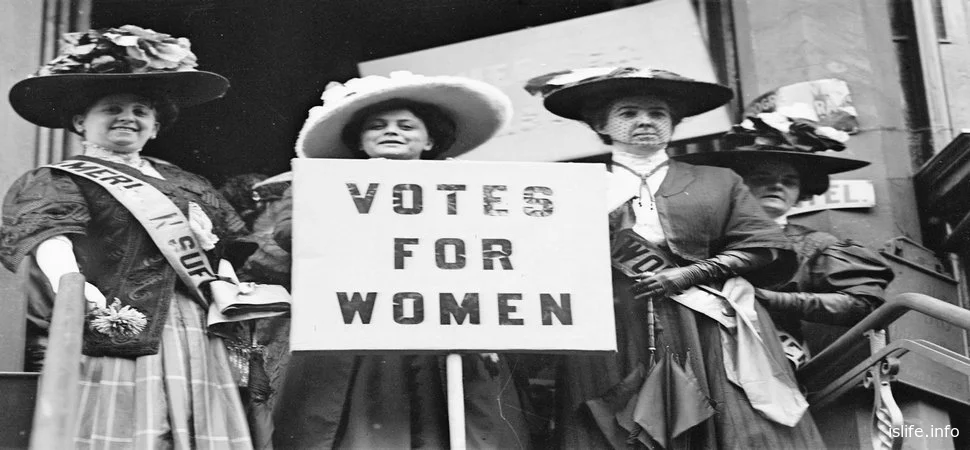According to Mill, women are not equal in the traditional sense, that is, they are not endowed with psychological authority. From childhood, they are raised to be submissive, taught to live for the sake of others and to suppress their own ambitions. Their influence is based on their attractiveness to men.

However, this patriarchal model began to lose relevance over time. By the mid-nineteenth century, as civilization stepped forward, social roles began to change. Before, people were born with a fixed status - black or white, nobleman or commoner. Only women and royalty initially had limited prospects, while men, at least in theory, could reach any heights. The beginning of the industrial age opened the way for many people, allowing them to overcome class barriers and make the “journey from dirt to princes.”
Mill brings his concept of freedom and economic philosophy into this context. He argues that no one would propose a law requiring strong men to be blacksmiths because they are already inclined to physical work, while weaker men would seek other fields of endeavor. Freedom and competition encourage people to choose the career that suits their talents. If forcing men into certain professions is considered morally wrong, on what basis are restrictions on women justified?
Adhering to his utilitarian philosophy, Mill emphasizes that the distribution of jobs should be left to the market, which, based on people's talents and personal qualities, will determine for itself who is best suited to a particular task. Such a natural distribution of power would benefit all participants in society.
↑ Reforms proposed by Mill
One of the key aspects of Mill's proposals was the reform of marriage and family relations. At the time, women had little economic autonomy, especially in marriage, where their rights and opportunities were limited by their husbands. Mill advocated that women should have equal rights with men to own property and manage the family capital.
He argued that for the full economic development of society, women should not just be participants in the household but equal partners in economic life. His proposal was to abolish legal rules that perpetuated women's dependence on men, which would open up opportunities for women to actively participate in the economy.
Another important reform proposed by Mill was the expansion of educational rights for women. He believed that only through access to a full education would women be able to realize their potentials on an equal footing with men. With women not being given the same educational opportunities as men, Mill saw the root of inequality that prevented them from entering professional fields and public life. He insisted that educational reforms should provide women with equal access to knowledge, which would ultimately benefit all of society, as more educated people contributed to overall progress.
Mill also considered political reforms that would help women assert their rights. One of his key proposals was to grant women suffrage. Mill believed that women's political participation would be an important step toward creating a more just society. Women should be able to influence legislative decisions that affect their lives. This, he believed, was a necessary element to achieve true equality.
↑ Labor Law Reforms
Mill raised the need for reforms in the labor field. He was convinced that the allocation of occupational duties should depend on individual ability and not on gender. In a market economy, he believed that people should choose occupations that matched their talents rather than follow prescribed gender roles. Economic and social structures that prevented women from working in certain fields should be reformed. Mill saw this as a restriction of freedom that was harmful not only to women, but to the economy as a whole.
All of these proposals by Mill were aimed at creating conditions in which women could participate equally with men in social, economic and political life. At the heart of his arguments was the idea of individual liberty and equality of opportunity, which he believed should be available to everyone, regardless of gender. Mill foresaw that such reforms would lead to significant improvements in both the well-being of women and society as a whole.

↑ Conclusion
John Stuart Mill's views on reforms to address gender inequality had a profound impact on the social and political changes that followed decades later. Mill viewed individual liberty and equality of opportunity as fundamental principles of any just society. His proposals for reforms in marriage, education, labor, and women's political participation laid an important foundation for future advances in women's rights and gender equality. Contemporary intellectuals continue to recognize the value of his ideas, emphasizing their relevance in the ongoing struggle for justice and equality in the twenty-first century.


